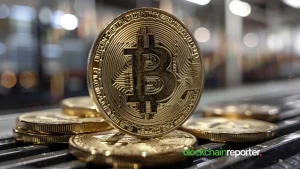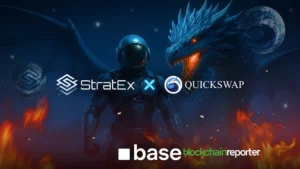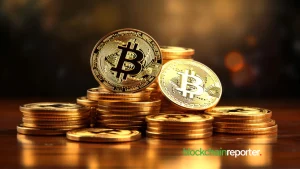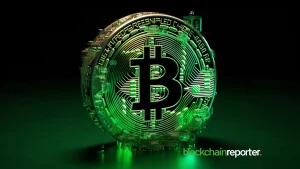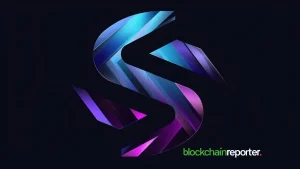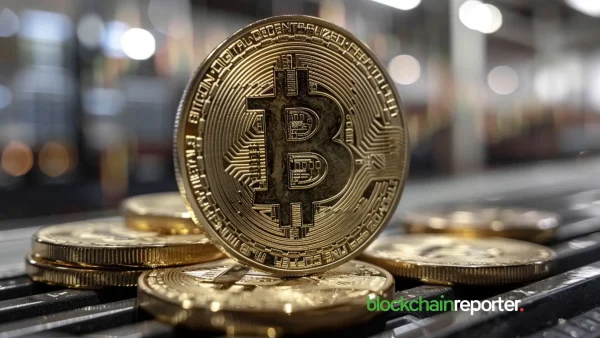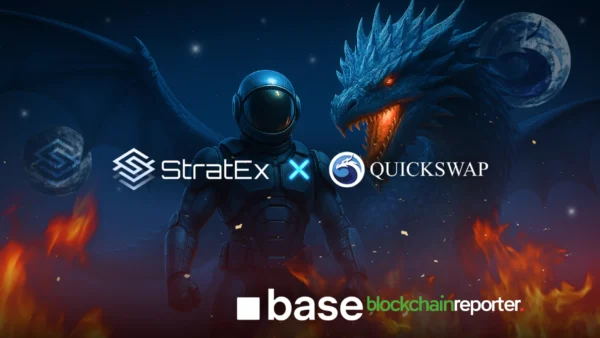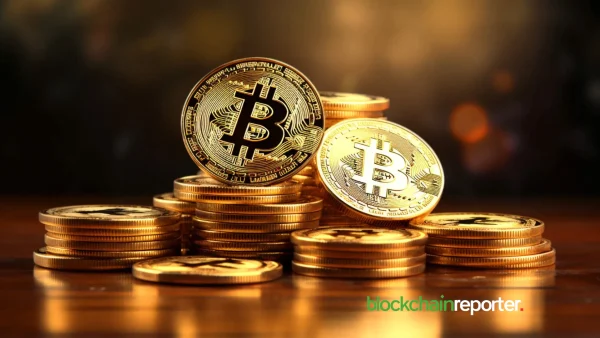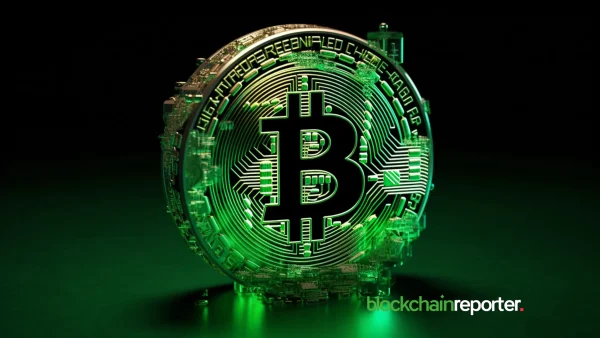
On Thursday, December 8 at 1:00 AM Eastern Standard Time, the much-anticipated Grand Central hard fork was finally activated on the DeFiChain network. This important activity occurred on Block Height 2,479,000. The Grand Central hard fork is one of the most significant and game-changing changes that has been implemented for DeFiChain in 2022. It marks the beginning of the release of four major improvements.
This includes on-chain governance, a token consortium framework, support for masternode parameter updates (owner, operator, and reward address), and fixes for pool commission and reward. This hard fork takes care of some of the product debt that has been anticipated for a long time and gets the DeFiChain community ready for fast growth in 2023. DeFiChain is the most advanced blockchain on the Bitcoin network, and its primary mission is to make decentralized financial applications accessible to everyone.
U-Zyn Chua, Co-Founder of DeFiChain, said, “Grand Central marks a major step in DeFiChain’s governance structure since it is implementing on-chain governance. This makes the voting processes perfectly transparent and easier and strengthens the governance structure of DeFiChain. A major step for the whole ecosystem.”
On-Chain Governance For Community Voting
DeFiChain is an open-source Proof-of-Stake blockchain that was developed as a hard fork of the Bitcoin network in order to support more sophisticated DeFi applications. It is committed to facilitating the creation of decentralized financial services that are quick, sophisticated, and transparent. Liquidity mining, staking, decentralized assets, and decentralized loans are some of the features offered by DeFiChain.
The goal of the DeFiChain Foundation is to include decentralized finance in the Bitcoin ecosystem. On-Chain Governance is being implemented by DeFiChain in conjunction with the Grand Central hard fork (OCG). In order to effect change within the DeFiChain ecosystem, members of the community can put up one of three categories of proposals, which are then put to a vote by masternode owners:
- <li>Community development fund request proposal (also known as Community Fund Proposal; CFP)</li>
- <li>Vote of confidence (also known as DeFiChain Improvement Proposal; DFIP)</li>
- <li>Block reward reallocation proposal</li>
At the moment, the majority of the work involved in developing a proposal and voting is carried out off-chain. Any proposal that needs to be voted on by the community may now be done so directly on the blockchain thanks to the implementation of On-Chain Governance. The governance structure of DeFiChain will be improved as a result, and the community of DeFiChain will be able to benefit from an increased level of openness throughout the entire voting process.

The results of the vote will now be displayed in real-time on a dashboard located on defiscan.live. Consequently, it will be much simpler to keep track of the outcomes. In addition, it will be possible for owners of masternodes to develop a script to vote for each proposal via the dashboard. This would significantly cut down on the amount of work required for voting. In the grand scheme of things, this would lead to increased levels of involvement in the vote on proposals.
DeFiChain Consortium For The Backing Of dAssets
Tokenized digital assets are expected to be backed 1:1 by the actual asset in their respective ecosystems when using the DeFiChain platform (e.g. one dBTC being backed by one BTC). On the other hand, the blockchain does not currently support the enforcement of this backing. To ensure that all digital assets are backed, the DeFiChain Consortium will provide a proper structure for the backing of dAssets.
For the purpose of minting and burning tokenized digital assets, each member of the Consortium (such as Cake DeFi, for example) will have their very own private dedicated key. Every participant is obligated to provide backing for any digital assets that they mint, regardless of whether they are minting such assets for themselves or on behalf of other people who utilize their platform.
In addition, each member of the Consortium will be asked to put up two days’ worth of collateral in the form of either DFI or DUSD, which will then be locked away in a smart contract. It is necessary along with the backing of the digital assets that have been tokenized. The value of this collateral will be used to calculate the maximum number of digital assets that a member can mint on a given day.
In the case that a member overmines digital assets or is unable to provide support for tokenized digital assets, this additional collateral will be used to compensate for damages and to dissuade other members from engaging in acts that are harmful to the community as a whole.
The establishment of the Consortium is going to result in improvements to both the governance structure and the level of openness within the DeFiChain community. It also provides a means for the community to evaluate the backing of tokenized digital assets, which discourages overminting because of the effect it has on the value of the assets.

